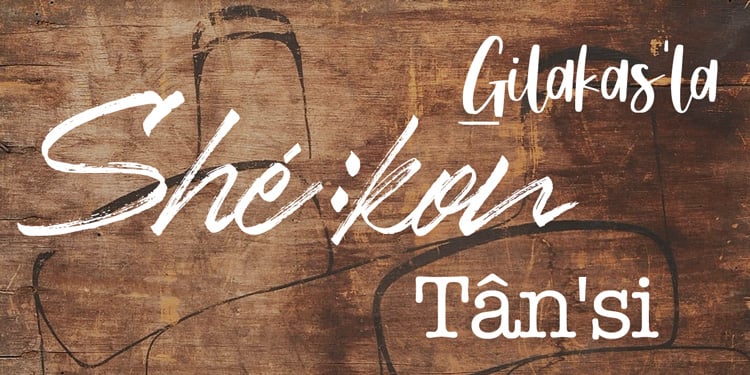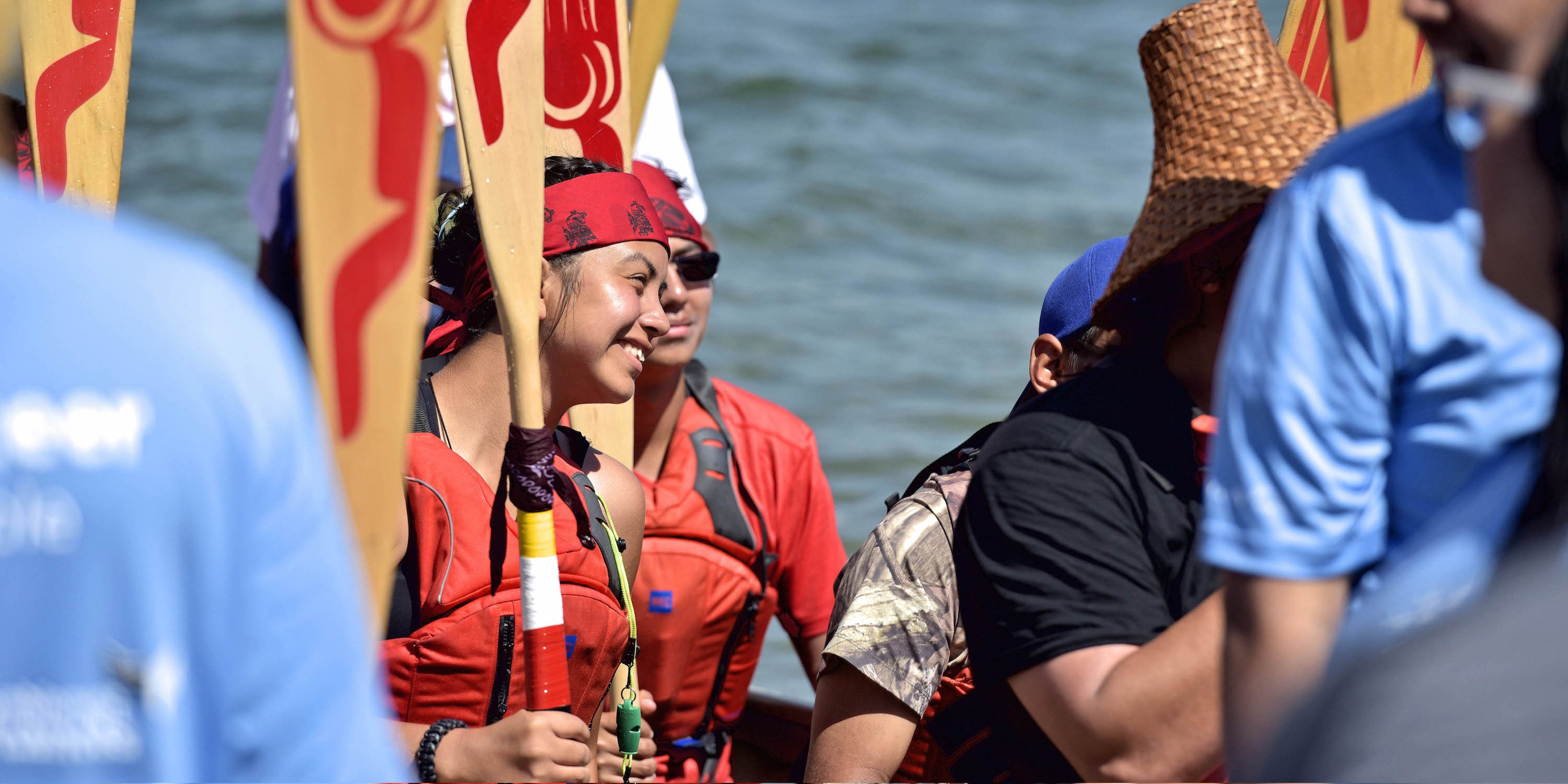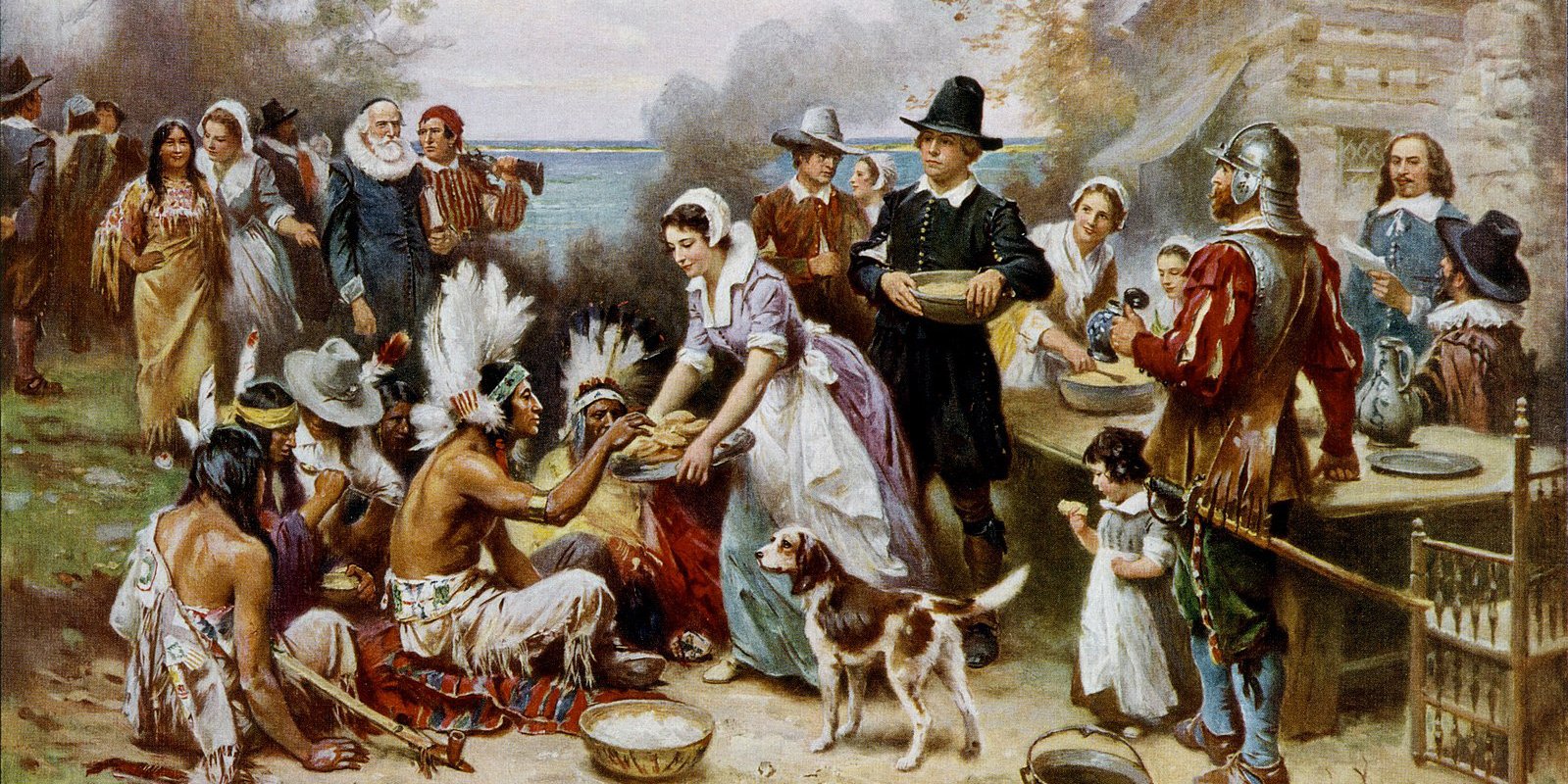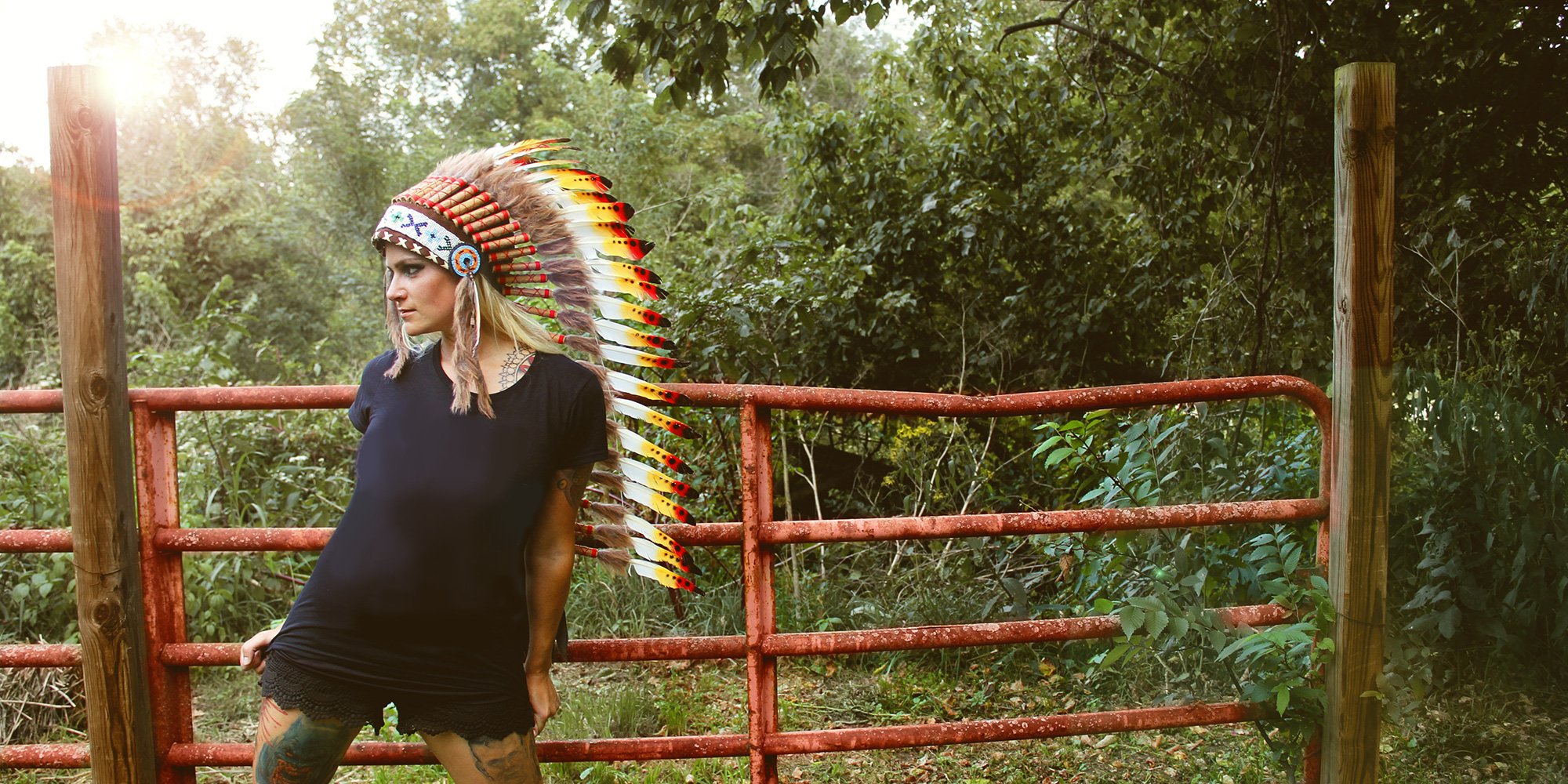4 min read
Why We Need to Stay the Course on Reconciliation
The report of my death was an exaggeration. Mark Twain Is reconciliation dead? Our trainers and staff frequently are asked this question, and their...

4 min read
The report of my death was an exaggeration. Mark Twain Is reconciliation dead? Our trainers and staff frequently are asked this question, and their...

2 min read
For many survivors of residential schools and their families, the Papal apology was all they hoped to hear, for others, it did not go far enough....

3 min read
The United Nations has declared 2022-2032 as the International Decade of Indigenous Languages. Many Indigenous languages across the world are in...

3 min read
If you want to be an ally to the Indigenous community, becoming a mentor at Urban Native Youth Association (UNYA) is a great opportunity. The...

2 min read
Maybe you have recently taken one of our courses surrounding Indigenous Awareness and learned new facts about the history of Indigenous Peoples of...

3 min read
The descendants of European settlers are brought up believing that it was their ancestors who celebrated the first Thanksgiving after surviving the...

2 min read
It is vital that the commitment to Truth and Reconciliation does not fade just a few weeks after the first National Day.

2 min read
Orange is the New Symbol of Truth & Reconciliation The recent discoveries of 215 unmarked graves at a former Residential School near Kamloops,...

2 min read
...Reconciliation is about establishing and maintaining a mutually respectful relationship between Aboriginal and non-Aboriginal peoples in this...

2 min read
Randomly plucking “popularized” images of a marginalized culture for entertainment or profit without respect for or an understanding of the culture...